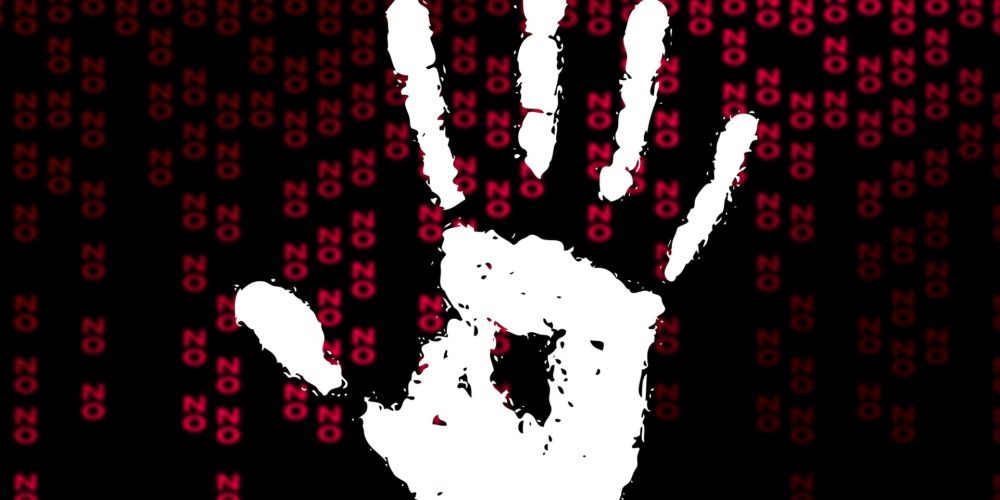Do you shoulder blame, or dodge it?

Perhaps you know the old joke: there are two types of people in the world – those who believe in dividing people into two types, and those who don’t…
For the purposes of today, this columnist becomes one of the first type.
What happens when things go wrong around you, mishaps occur, problems arise? When people are looking at you with question-marks in their eyes, how do you respond?
When things are thick, there are two types of people: those who accept the blame; and those who try to dodge the blame.
The latter type is by far the more prevalent in the world. You know them well. They are the ones who immediately say, when confronted with an issue, ‘But what could I have done? How was I to know? So-and-so let me down. The system was having issues. I was waiting for IT.’
Or, at a higher level, the excuses run like this: ‘My people have let me down. The economy has been very tough. Our payroll is too high – some people must go home. I don’t have the right team. This problem could not have been foreseen. My enemies are behind this. This is a witch-hunt to unseat me. Fake news – everything is actually great, never better!’
The underlying sentiment? ‘Don’t blame me! Let’s find someone else to finger. I don’t want to be in trouble.’
You can see where this comes from, I’m sure: insecure childhoods where blame and punishments were flung around indiscriminately by parents and teachers. There were consequences attached to accepting blame, and they were never good. So most of us grew up thinking of blame and accountability as bad things.
Once in a while, though, we come across a rare breed of person. This one is fully aware of the problem before you bring it up. This one has felt the pain of the problem before you have. This one looks you in the eye when you bring it up, and expresses remorse that it has happened. This one then proceeds to tell you what remedial action is being taken, and what we have learnt about the causes of the problem so that we can aim to prevent a recurrence.
Which of the two types of person would you want working for you? Which one would you want to lead you? Which one would you want as your friend?
The answer is obvious. Yet most of us spend our lives being the blame-giver, not the blame-taker. We fail to see that this behaviour makes us weak employees, weak leaders, weak friends. We lapse into becoming the weak links in the chain.
To overcome this form of acquired helplessness, some strength of mind is needed. We must grow ourselves up and stop behaving like fragile children. We must learn to work properly – do things according to the correct standard, so that the chances of anything going wrong is minimised. We must anticipate problems as far is humanly possible, so that we can take preventive action. And when things go awry, as occasionally they must, we must step up to take charge of situations and resolve them.
We must have the confidence to know that blame is shared, but responsibility requires a leader. We must be that leader.
Blame-games and weaknesses of character occur frequently and come to the fore when work is done badly, and people are led badly.
If you have been given the privilege of leadership or teaching or parenthood, the solution begins with you. Stop looking for scapegoats when things go wrong. Stop looking to pinpoint blame on individuals. Learn and promote collective responsibility. Accept your own lapse first – that you may have failed in inspiring or guiding your wards and proteges properly.
When it becomes obvious that the game is not one of blame – then the real game can begin, with real results.
As an individual, you must raise your own game. No one will clear a path for you. If you show some grit, do the work properly and then take it on the chin when things go wrong, eventually you will be respected and admired. Those who foresee problems and shoulder responsibility are, after all, the leaders we need.
As a new decade unfolds, that’s an excellent commitment to make to yourself. Be one of those who anticipate, resolve and solve problems, not one of those who evade and whine.
(Sunday Nation, 5 January 2020)

Buy Sunny Bindra's new book
The X in CX
here »
Popular Posts
- Where are you rushing to—your funeral?June 29, 2025
- How to spot a real thinkerJune 15, 2025
- The map will appear—once you start walking.July 6, 2025
- Built the app, forgot the flowJune 22, 2025
- The pause that saves usJune 8, 2025















